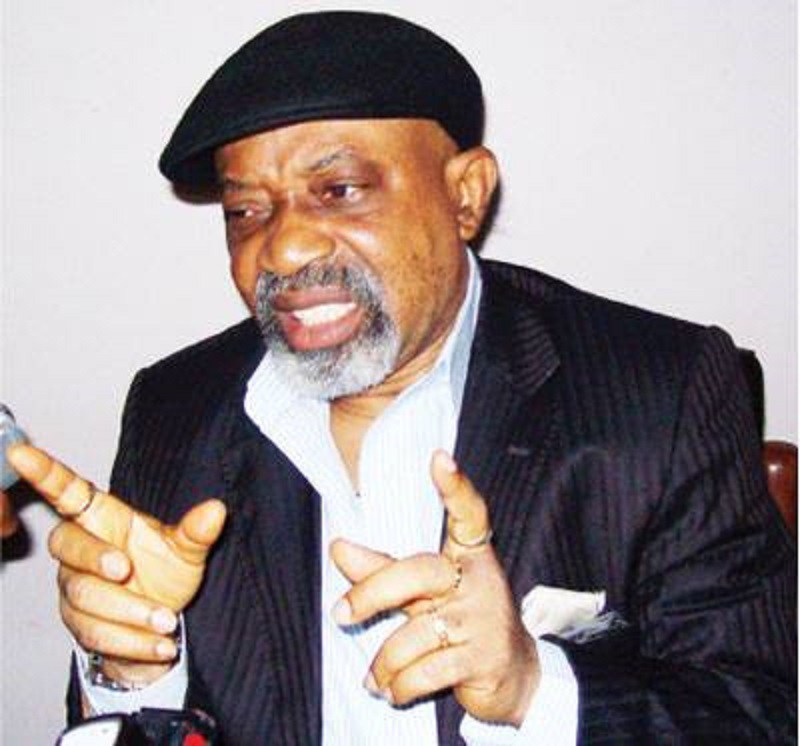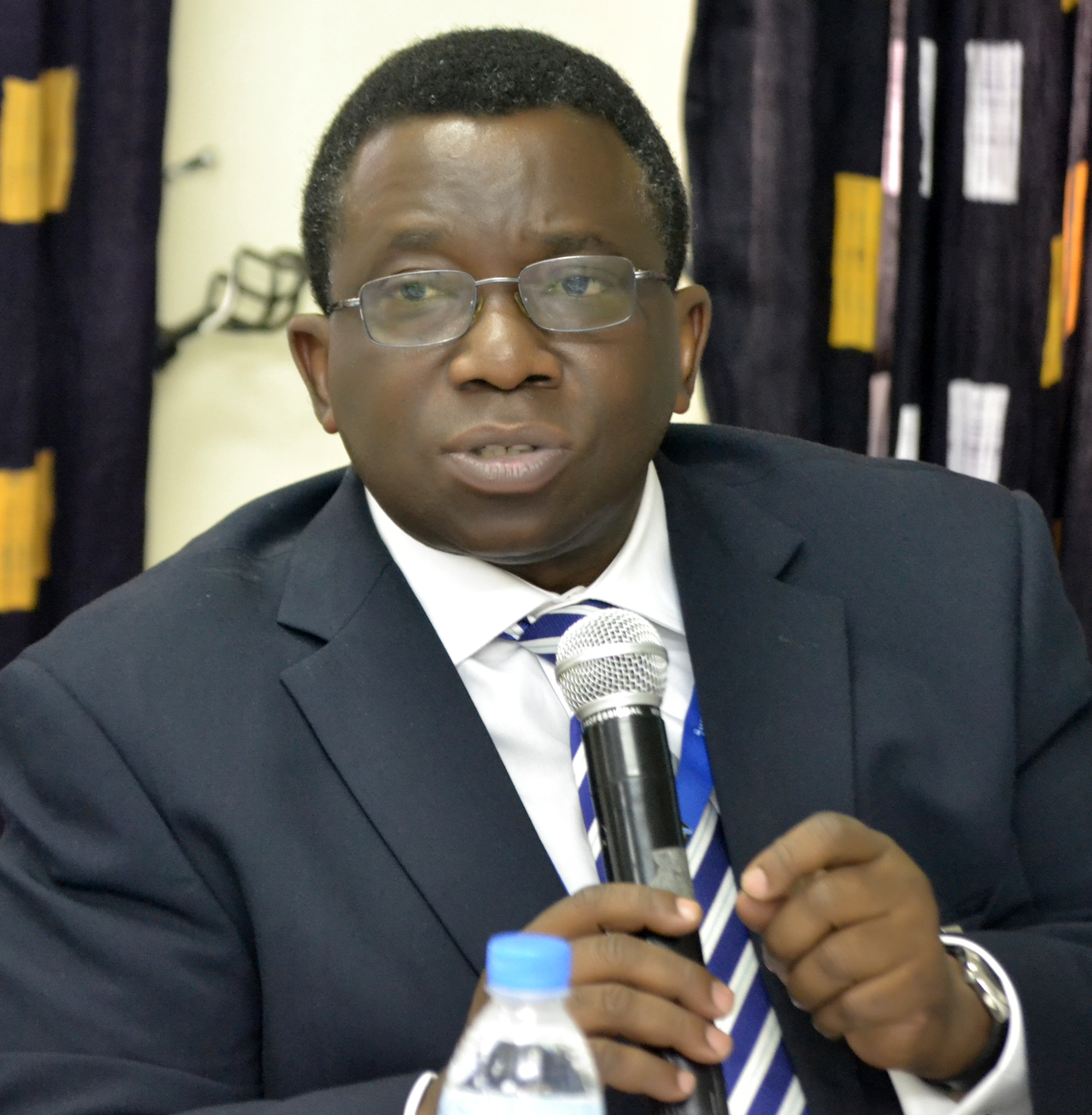Nigeria’s unemployment rate to hit 33.5% by 2020 – Ngige

Ukpono Ukpong, Abuja
Latest data released by the National Bureau of Statistics (NBS), indicating that Nigeria’s unemployment rate may reach an all-time high of 33.5 per cent by 2020, may have compelled the Federal Ministry of Labour and Employment to start thinking out of the box.
The development prompted a two-day stakeholders’ workshop in Abuja on Thursday, with the theme: “Breaking the Resilience of High Unemployment Rate in the Country”.
Although the Minister of Labour and Employment, Chris Ngige was not on ground to declare the workshop open, as he sent a representative, stakeholders at the workshop expressed worries that the increasing statistics of people without meaningful employment in the country was assuming an alarming rate.
Currently, unemployment rate stands at 23.1 percent, while under-employment is estimated to be in the threshold of 16.6 percent according to data released by the National Bureau Statistics (NBS) as at May 2019.
They however posited that the high prevalence of crimes such as murders, insurgency, militancy, armed robbery, kidnappings, drug abuse, may not be unconnected with the growing number of unemployed.
“It is a worrisome status as the global poverty capital (World Bank, 2018); as if this situation is not scary enough, it is projected that the unemployment rate for this country would reach 33.5 per cent by 2020, with consequences that are better imagined, if the trend is not urgently reversed.
“It is a thing of joy to note that Nigeria has not been resting on her oars over the years in terms of dedicated efforts to curb the unemployment problem, “ the minister’s representative said.
According to the ministry, there have been various government social intervention programmes, targeted at reducing youth unemployment and eradicating poverty, have been implemented by different administrations since Nigeria gained independence.
The Minister also said that available records show that between 1972 to date, about 14 of such programmes have been implemented.
He said that these programmes include the National Accelerated Food Production Programme (NAFPP), implemented between 1972 and 1973, including the current National Social Investment Programme (NSIP), which has been going since 2017, embedded in the National Economic Recovery and Growth Plan (ERGP) 2017-2020.
Ngige also noted that despite these interventions, the unemployment rate and poverty levels are on steady paths of growth, indicating high resilience against the intervention efforts.
According to minister, the question then becomes, why are these intervention efforts not yielding expected results? What is government and other stakeholders not doing right?
As if begging for answers, the minister asked, “What changes are needed in the policies, plans and strategies? What action areas need priority attention? What roles should different stakeholders play? What other options are not being exploited?
“Why do we employ expatriates for jobs Nigerians can do or why can´t Nigerians do these jobs? why do we have deficits in housing, water, sanitation, food, entertainment facilities, health care, and education, among others?
“How do we deploy our population of productive age to fill the skills gaps needed for our national development? how do we break the resilience of high unemployment rate in the country?’’
He explained that these are some of the questions that triggered new thoughts and concepts that led to series of activities that preceded this workshop.
He, however, called for collaborative efforts that would yield desired results while assuring that the recommendations from the workshop will receive prompt and sustained attention.
William Alo, Permanent Secretary, Ministry of Labour and Employment while throwing more light on the essence of the workshop, said the objective is to present the findings of the survey on how to break the resilience of high unemployment rate in Nigeria to the peer community.
“To stimulate actions towards exploiting untapped available options for massive job creations; to chart way forward on immediate next steps that would yield measurable results, ’’he added.
Meanwhile, Dennis Zulu, International Labour Organisation’s Country Director in Nigeria, at the event, noted that unemployment was a major concern to the ILO, especially Nigeria that has significant proportion of unemployed youth across the continent of Africa.
“We believe that if Nigeria addresses the issue of unemployment, it will go a long way to address the whole problem that is faced in Africa to that extent.
“Let me say that over the years, we have recognised the commitment of the Federal Government of Nigeria, where it has approved various initiatives including the adoption of Employment Policy of 2017,” he stated.







